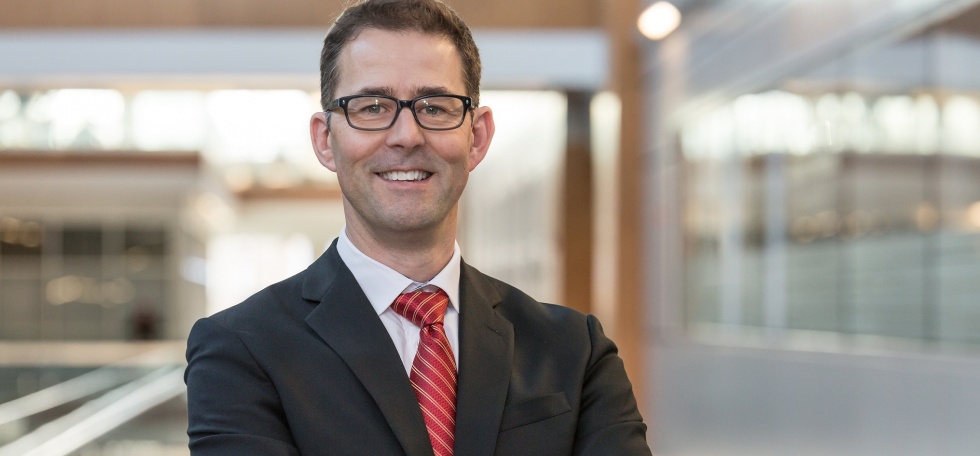Dr. Mark Fenton

Dr. Fenton is a respirologist and researcher at the University of Saskatchewan. He has additional training in lung transplantation and sleep medicine. He is well-loved by his patients and often described as personable, caring and dedicated to helping others. It would seem Dr. Mark Fenton was always destined to help people breathe right from the beginning. He was born in the hospital he now works at. Raised in Saskatoon, Dr. Fenton did an undergraduate, Masters and medical degree at the University of Saskatchewan. He first trained in Internal Medicine and later Respirology. Dr. Fenton also completed fellowships in Lung Transplantation and Sleep Medicine. He is currently the Director of the Lung Transplant Program, Medical Director of the Sleep Disorders Centre, and Program Director of the Respirology Training Program at the University of Saskatchewan and Royal University Hospital in Saskatoon. If anyone from Saskatchewan is in need of, or has had a lung transplant, they will know Dr. Fenton.
You’ve conducted research on lung volume in First Nations people. Why is this research important?
Lung function and its prediction are dependent on age, sex, height and ethnicity. For example, we know that an African American woman will have lower predicted lung function than a white woman of the same age and height. This is related to physical characteristics that are genetically determined. We also know that these differences extend to other groups as well. However, we don’t have this information about First Nations, a unique group. While that is an important intellectual question, it has a more importantly practical aspect to it. Having an accurate prediction of expected lung function allows physicians to be accurate in the determination of the presence or absence of disease.
What has been the most rewarding part of this research for you?
Although I am pleased with the scientific results we have generated, the most rewarding aspect has been building a friendship with the Battle River Treaty 6 Health Centre team. They are a remarkable group and great partners.
What got you interested in this area of research?
The primary question of the difference in lung function came up for me (and I am not the first to ask the question but perhaps the first to try to fully explore it) while I was a Respirology fellow learning about the prediction of lung function.
What are the next steps in your research?
We have completed a study of adults and plan to expand this research into the pediatric population. We also have some projects related to sleep apnea going at the moment.
